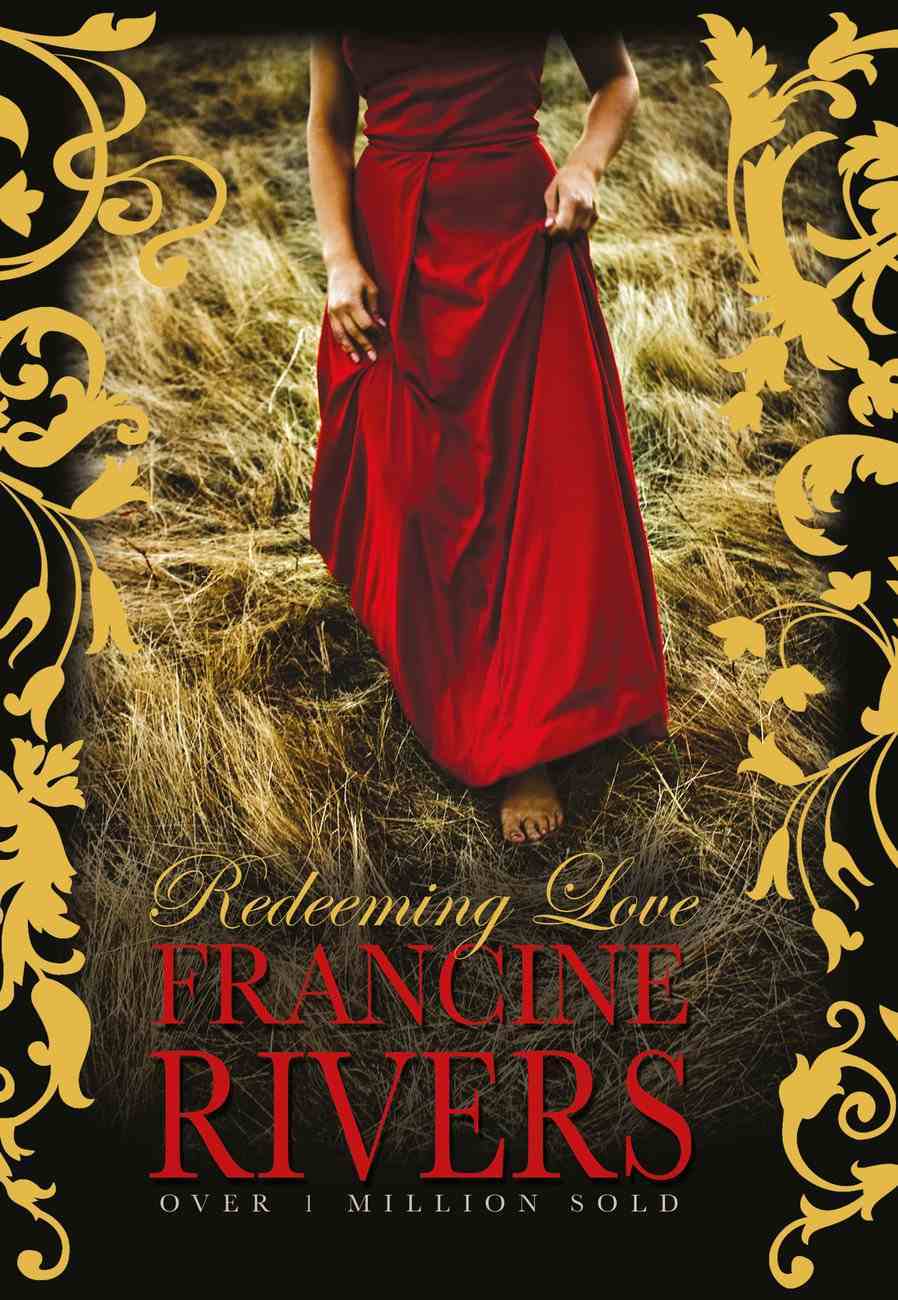
It was only when Cindy Bond, CEO of Mission Pictures International, a respected name in the faith/family film genre (including the 2018 movie “I Can Only Imagine”) optioned the rights to “Redeeming Love” that Rivers was seriously intrigued. Over the years, was optioned for film several times, but Rivers invariably exercised her contractual right of refusal after reviewing the scripts. Her local paper describes the journey from print to screen. To her credit, Rivers has patiently waited for what she believed was the right time and confluence of talents. However, some critics went so far as to claim the book was a gateway to softcore pornography.įor nearly 30 years, fans of the book have anticipated a film version. Rivers has been clear about the parabolic intent of the story as she sought to portray God’s relentless love for a terribly fallen and twisted humanity. The story takes place mostly in a brothel, with the lead character, Angel, being a prostitute and a victim of extensive abuse. In large part, however, it was due to the subject matter. Author Francine Rivers’ book was controversial back then. I read and reviewed the book almost a decade ago as part of a research phase into the Christian Romance genre. Whether that will be one of the insights Christian consumers take away from the growing controversy surrounding the release of the new Redeeming Love: The Movie remains to be seen. Because of that, giving room for Christian artists to create potentially controversial fare and/or support works I might deem inappropriate seemed a reasonable concession. I came away from my “edgy Christian fiction” phase with the realization that everyone has a different threshold for what they consider edgy. Whereas most Christian fiction was synonymous with “clean” and “family friendly” fare, some artists and authors aspired to address more mature thematic elements and write novels that did not skirt real-life messiness or adhere to a strict checklist of banned content items.Īnyway, I ended up leaving the group because what they considered “edgy,” really wasn’t.



I used to be part of a writers group called “Edgy Christian Fiction.” At the time (early 2010’s), Christian fiction writers often debated pushing the content envelop of the stories we told.


 0 kommentar(er)
0 kommentar(er)
